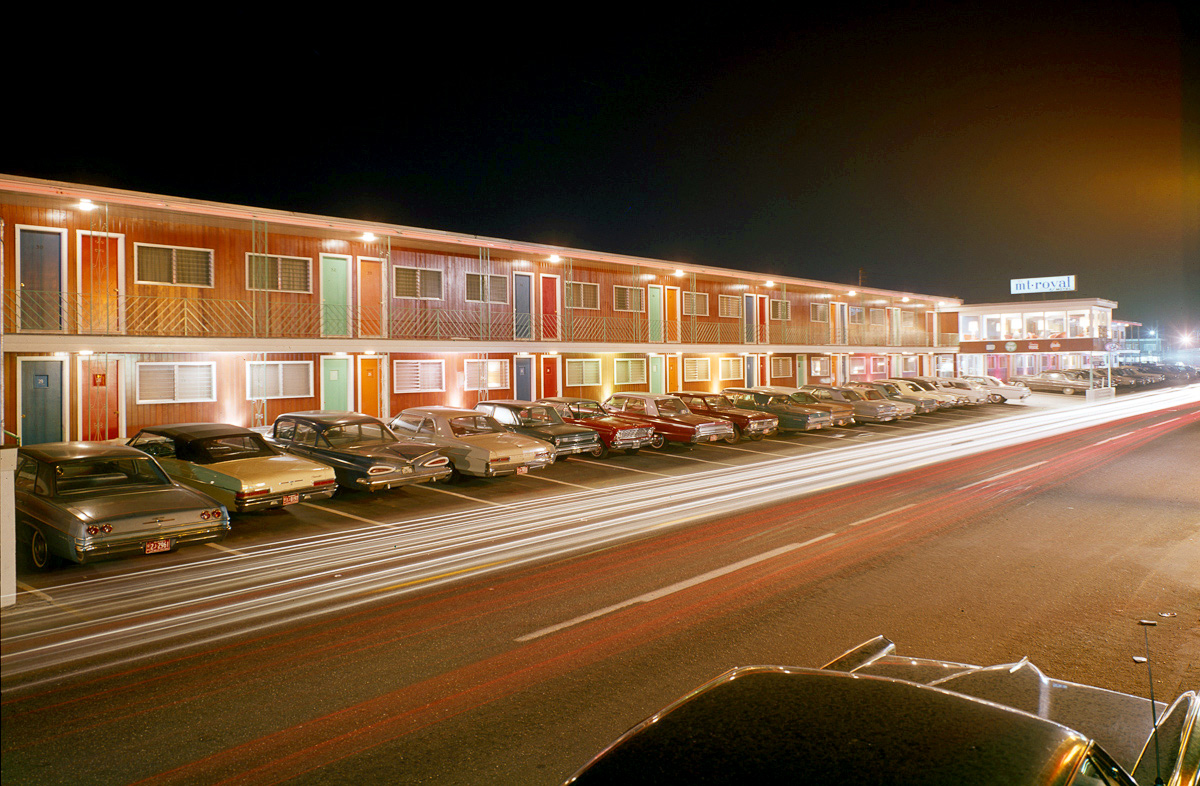
This course explores disparate and changing treatments of American identity and purpose from the emergence from World War Two up to recent re-evaluations of history, applying a variety of critical approaches and considering crucial social, political and cultural contexts. The course begins and ends with novels by Cormac McCarthy that extend the study into a violent past and a post-apocalyptic future. Between these texts, broadly speaking, we follow a chronology of setting, rather than publication date, allowing a fluid, intertextual picture of the United States to emerge, kicking off with work with the Second World War as the recurrent central image, sometimes portraying combat, but with its aftermath always in mind. The difficulties of return and re-assimilation into (or rejection from) the United States are explored from different perspectives: white middle-class, Native American, and African American. Post-war conditions of different kinds are then explored in work haunted not so much by the presence of great historical events but rather by absence and sense of loss. Fictional treatments of effects of the Vietnam War increasingly become concerned with America's perpetually 'post-war' state, with striking studies of this conflict and the continuing resonance of the Civil War appearing in the 1970s and 80s. The course ends with late-twentieth and early-twentieth century studies of America's attitudes towards itself, its history, and its ongoing role in the world.
- Module Supervisor: Owen Robinson